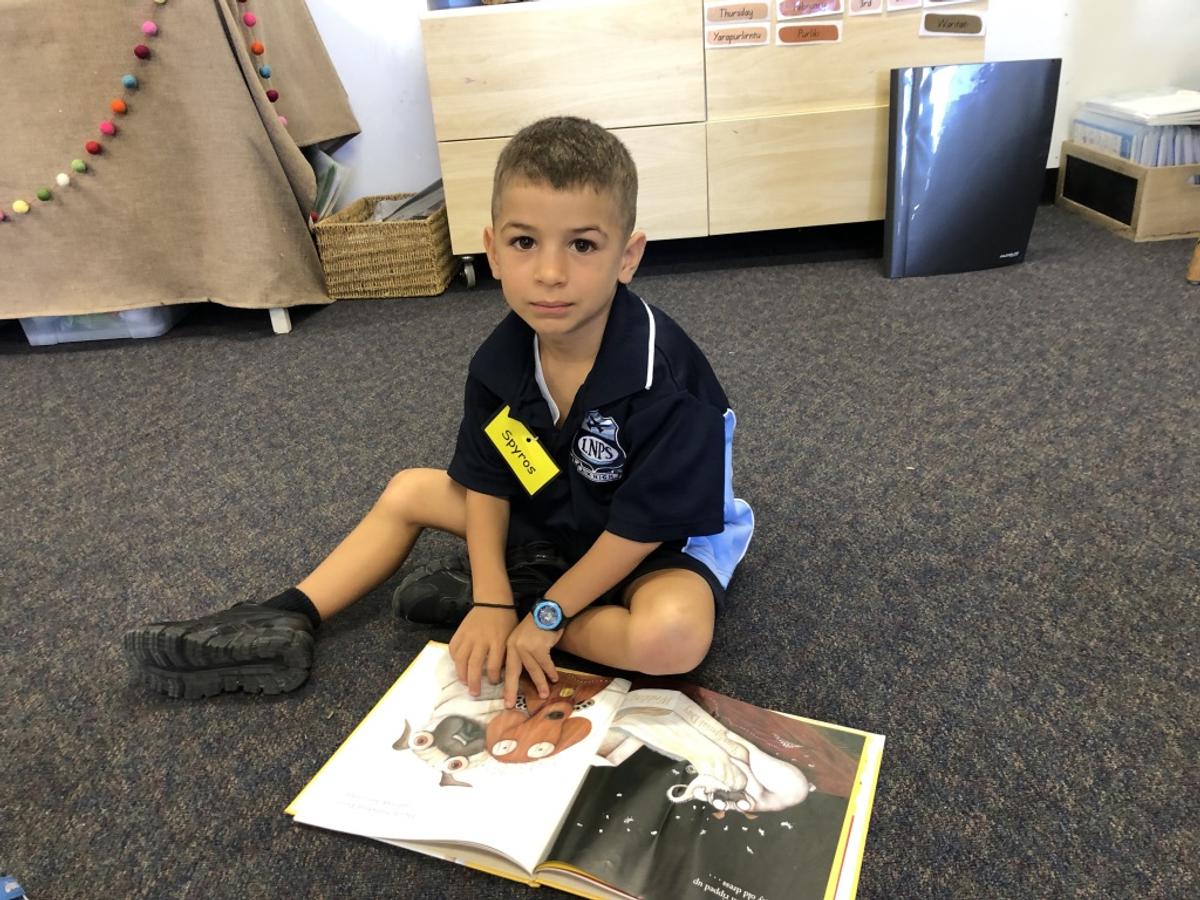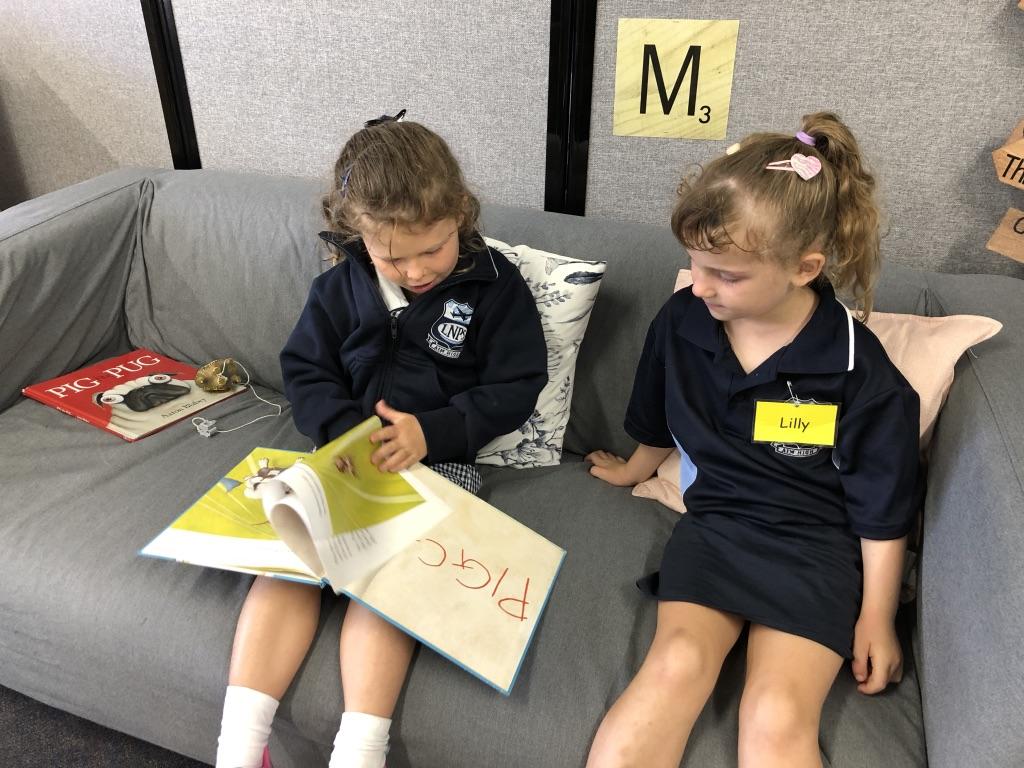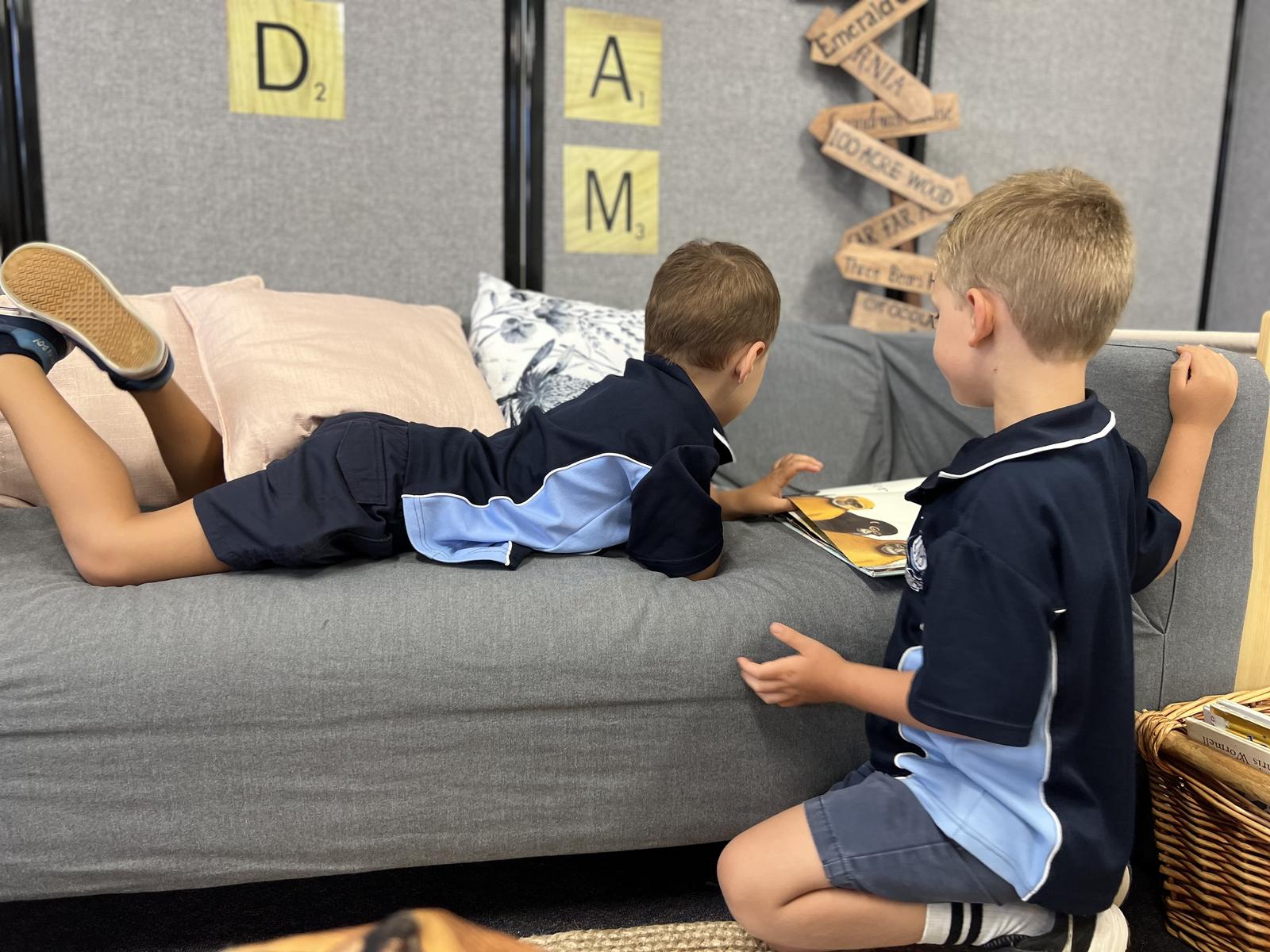Literacy
We are authors
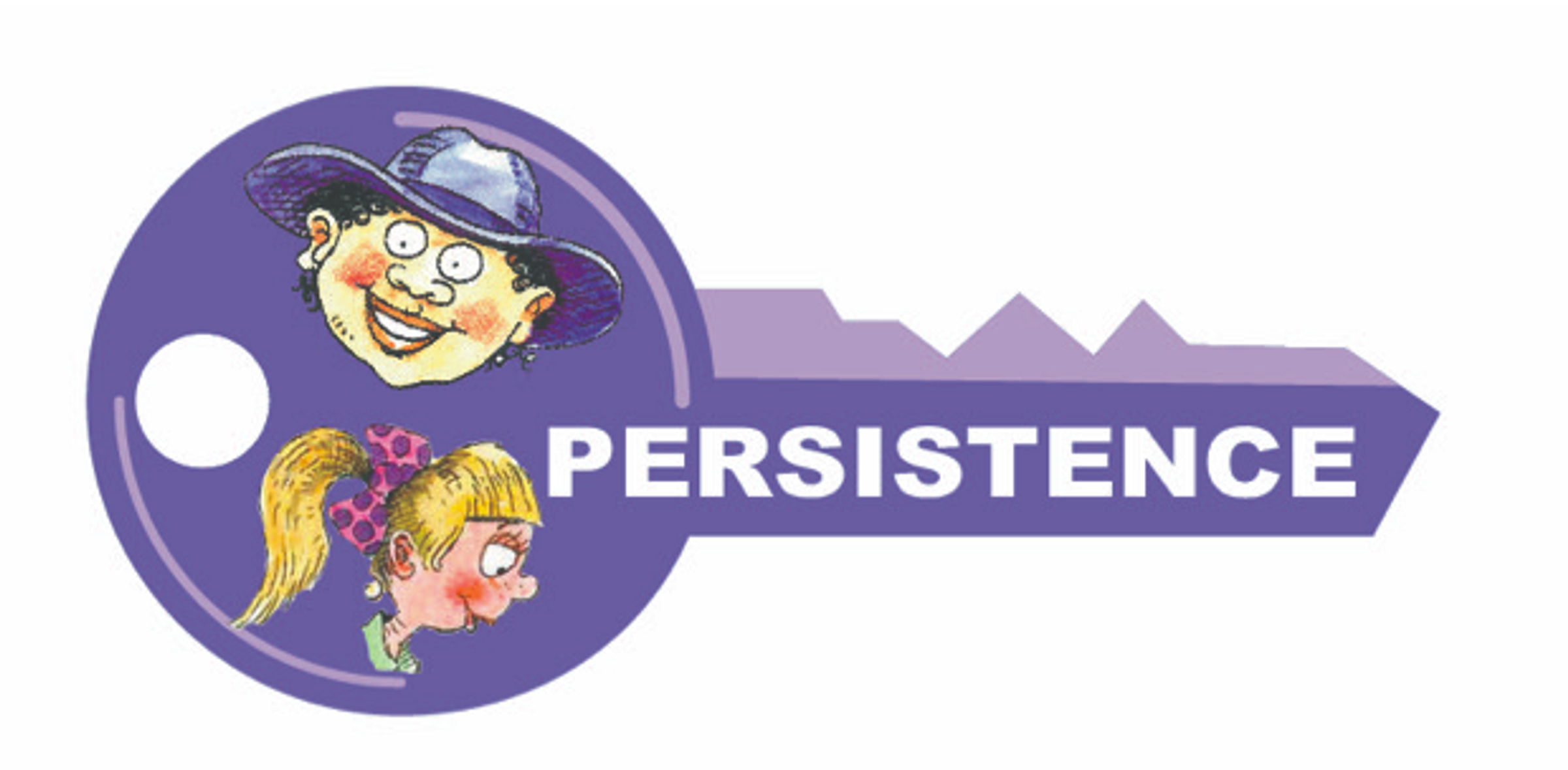
Literacy
We are authors
Since Term 1 2020, Reception classes have been implementing a synthetic phonics approach through a program called InitiaLit - F (Foundation).
InitiaLit is an evidence-based whole-class literacy program providing all children with the essential core knowledge and strong foundations to become successful readers and writers. The three-year program, covering the first three years of school (Reception to Year 2) provides strong foundations in reading and writing, in the hope that fewer children will fall behind and require more intensive intervention.
InitiaLit is an Early Years reading program that incorporates a synthetic approach to the teaching of phonics alongside a rich literature and vocabulary component. It will ensure that there is consistent instruction across classrooms in a year level. This approach will ensure our students are exposed to the best literacy instruction focussing on vocabulary, oral language and comprehension through quality children’s literature.
Implemented across four terms InitiaLit–F focuses on two main components:
Phonics, to systematically and explicitly teach the basic alphabetic code in a set sequence. In addition to learning the letter-sound correspondences and how these are applied to reading and spelling, children will be introduced to common morphemes and simple grammatical concepts.
Vocabulary, oral language and listening comprehension are introduced through quality children’s literature. Detailed lessons, including writing tasks, are provided for each of the storybook titles selected for use with the program.
Program structure
Delivered in a 90-minute block that includes the following:
20-25 minutes of whole-class teaching using a detailed scripted lesson plan.
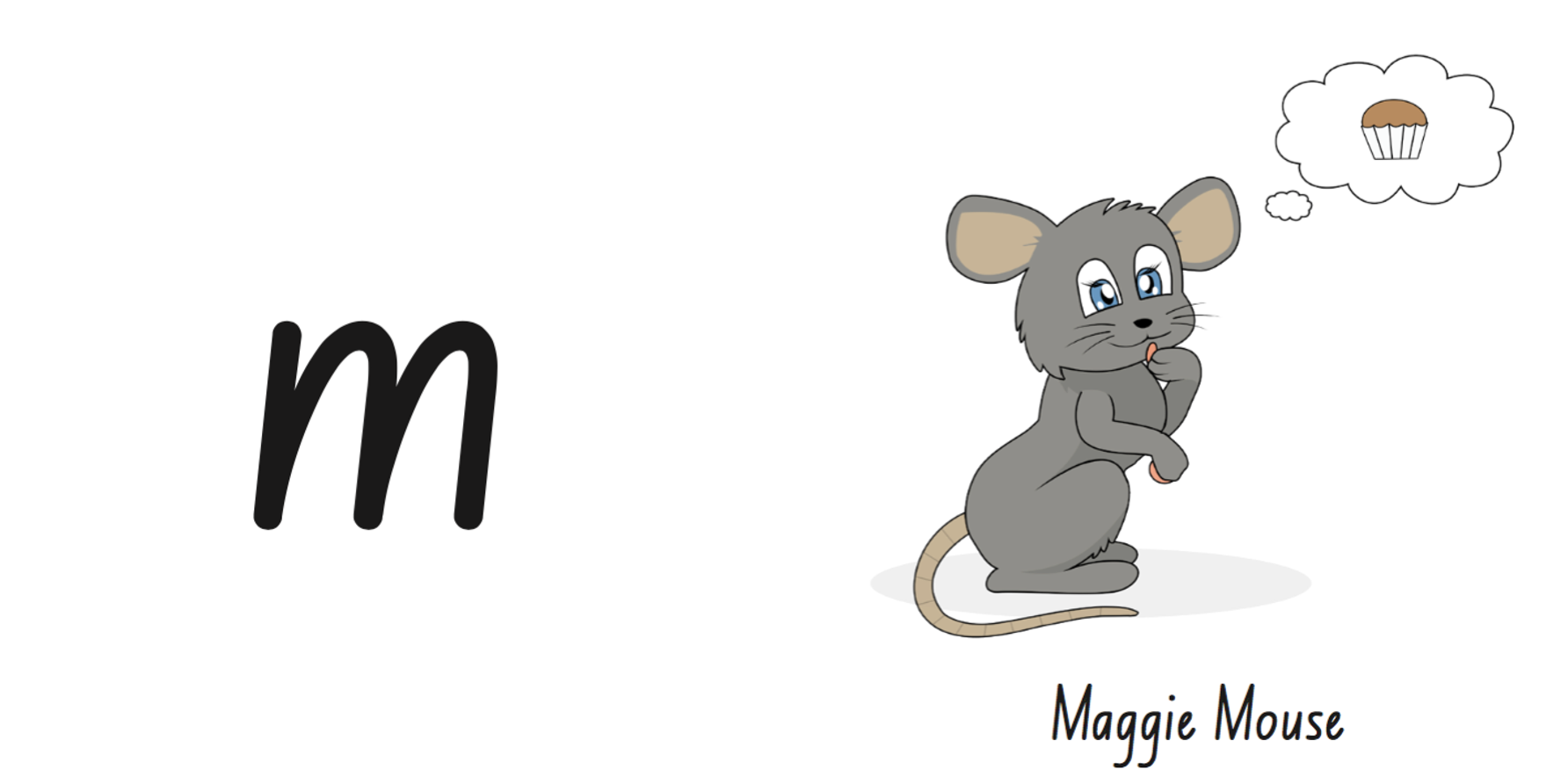
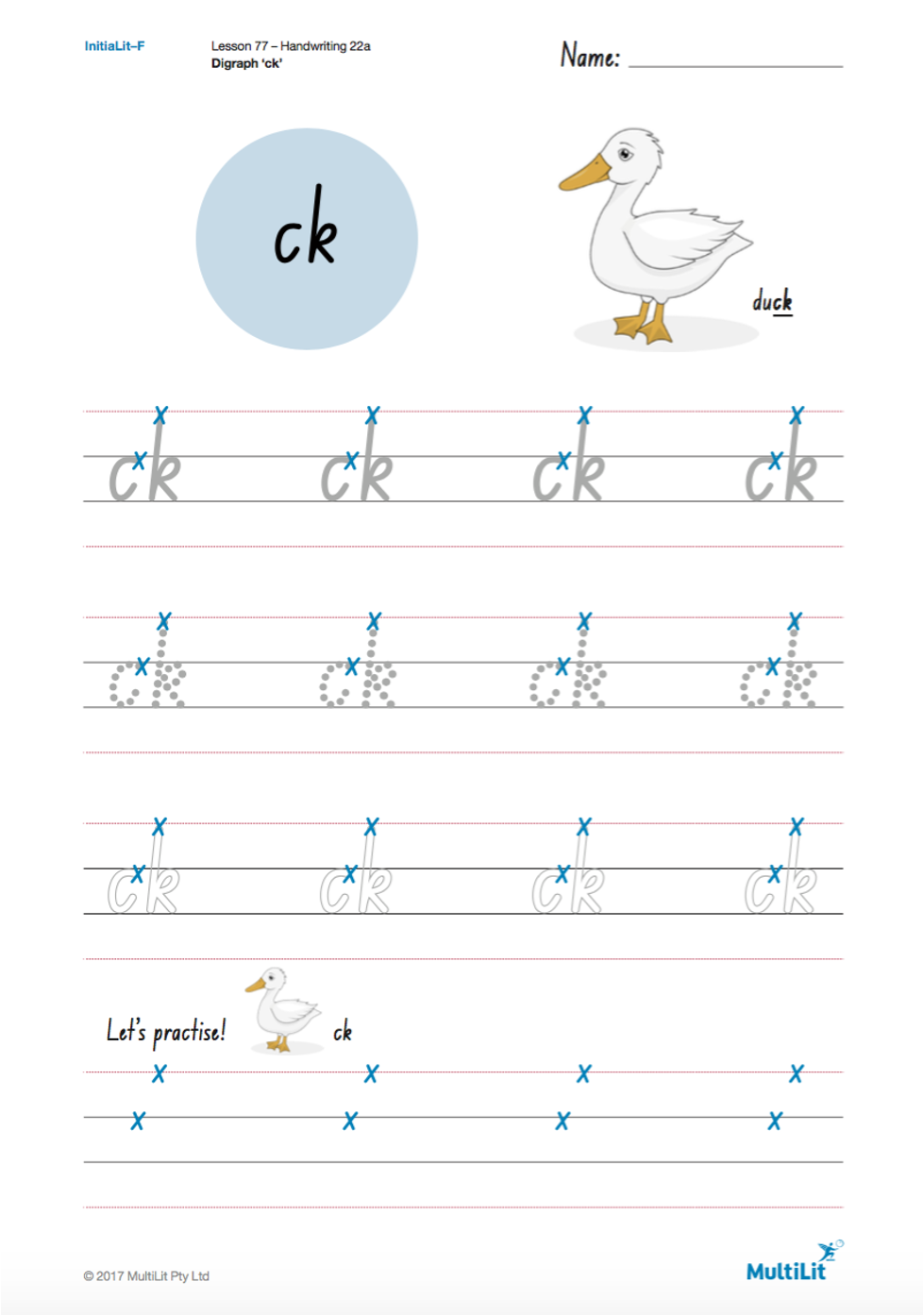
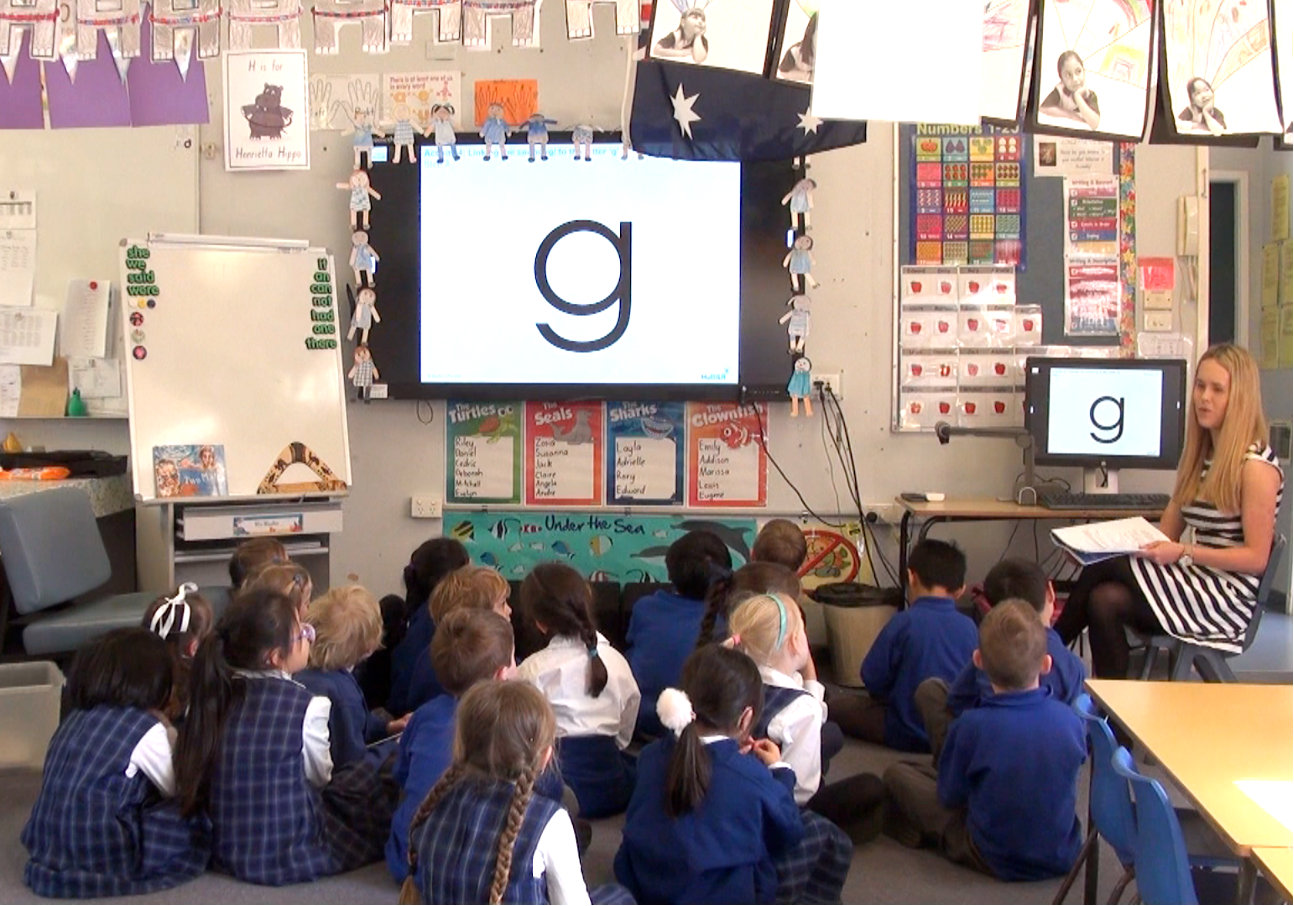



Small group and independent work (30-45 mins)
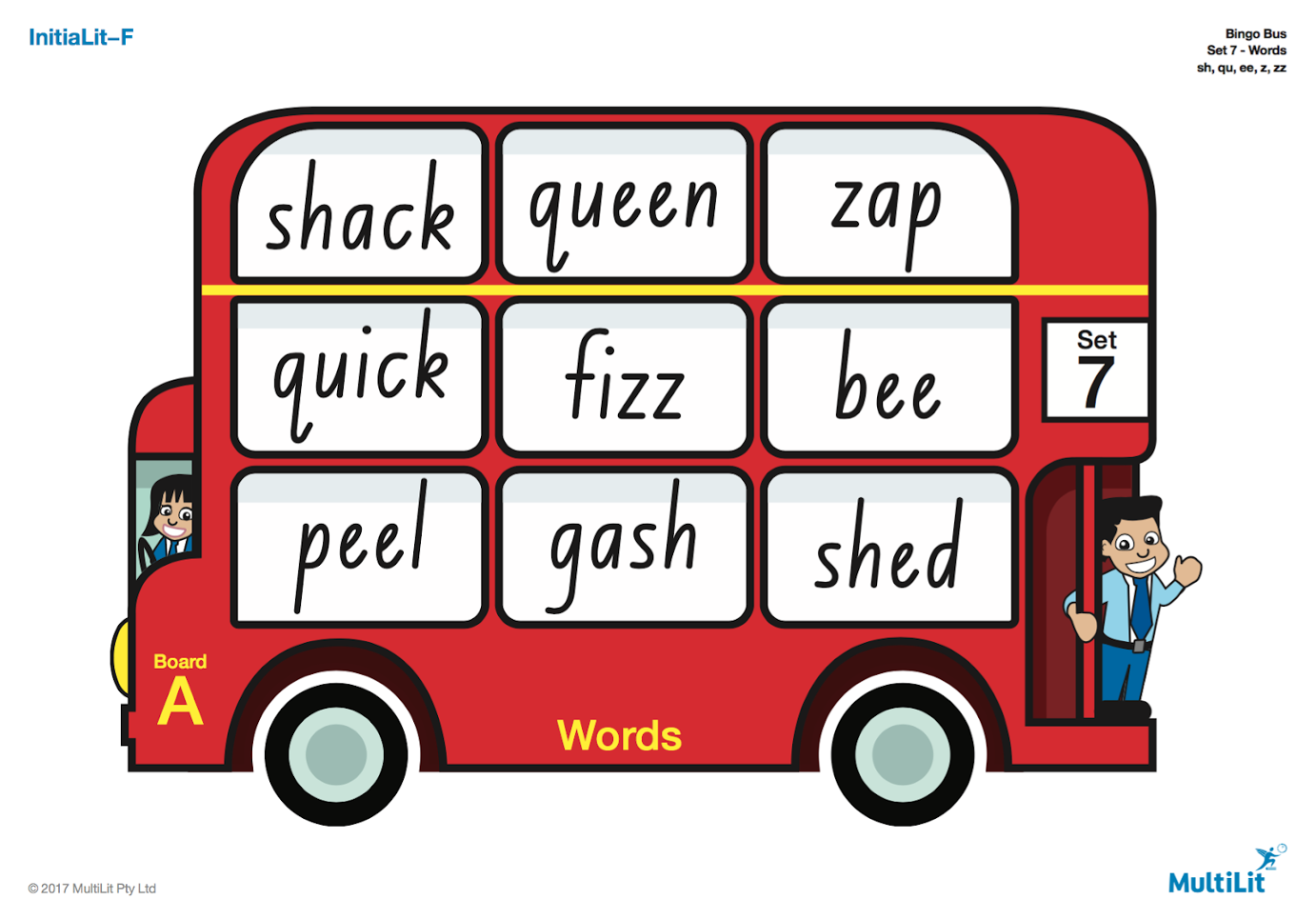
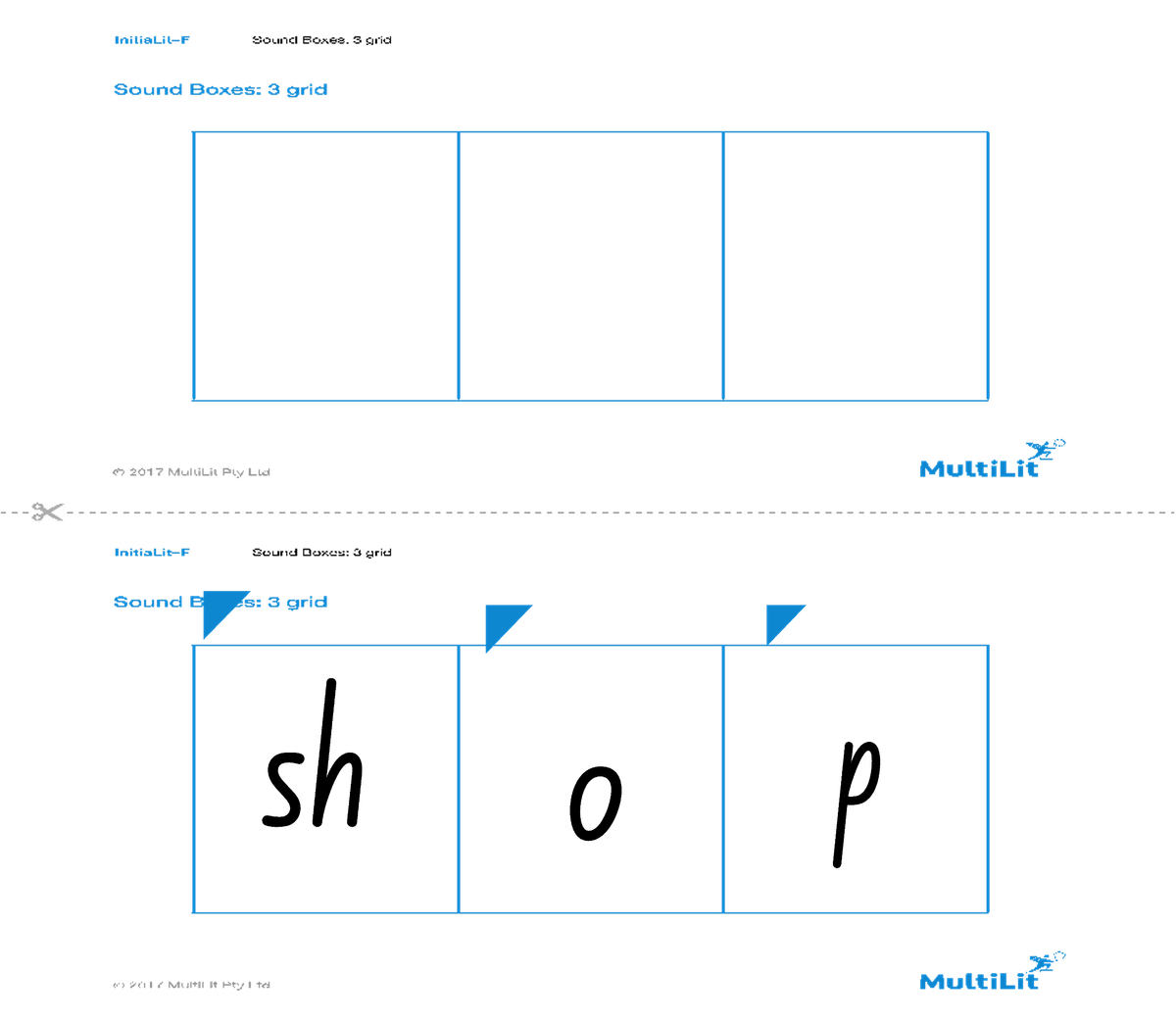
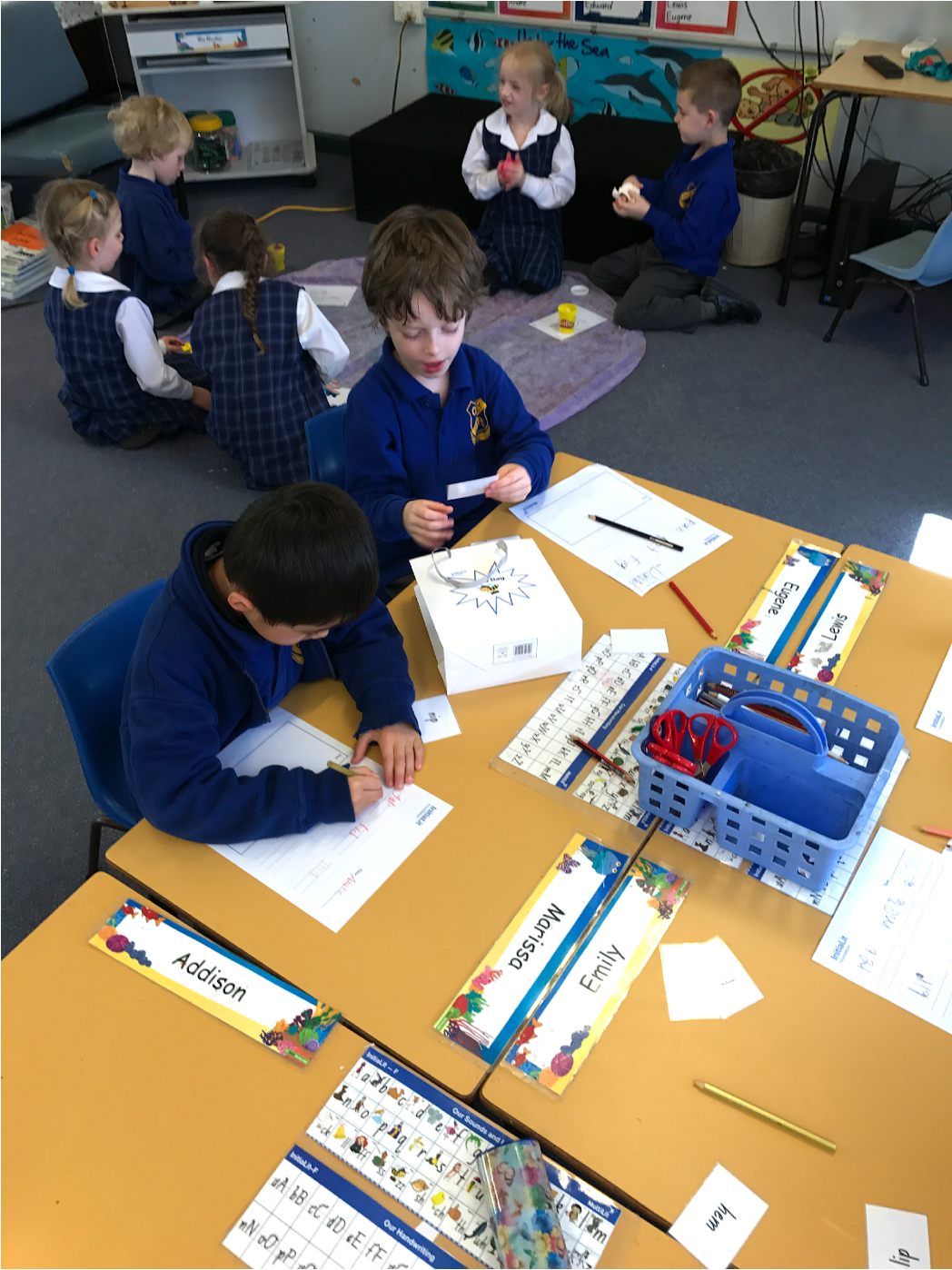
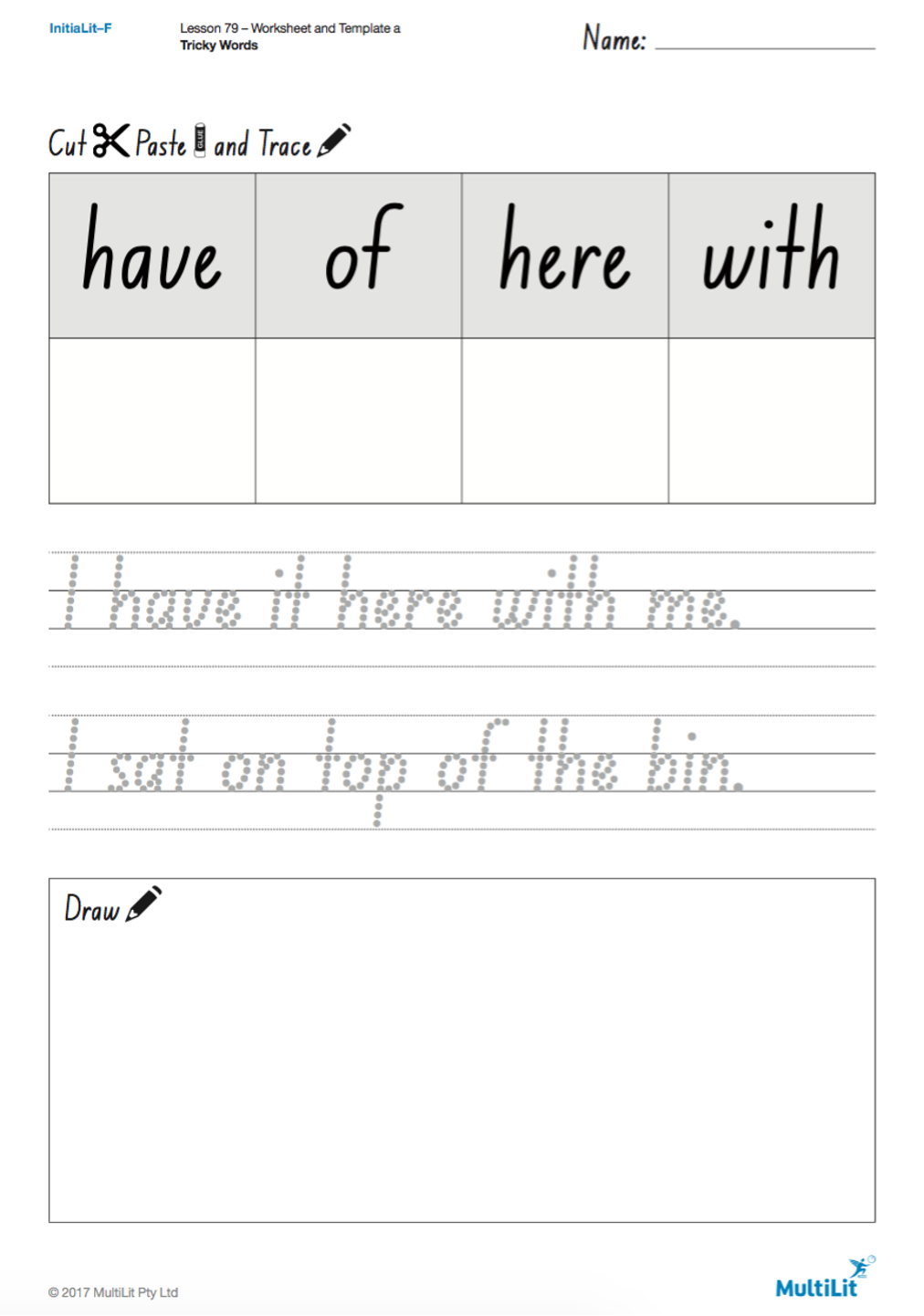
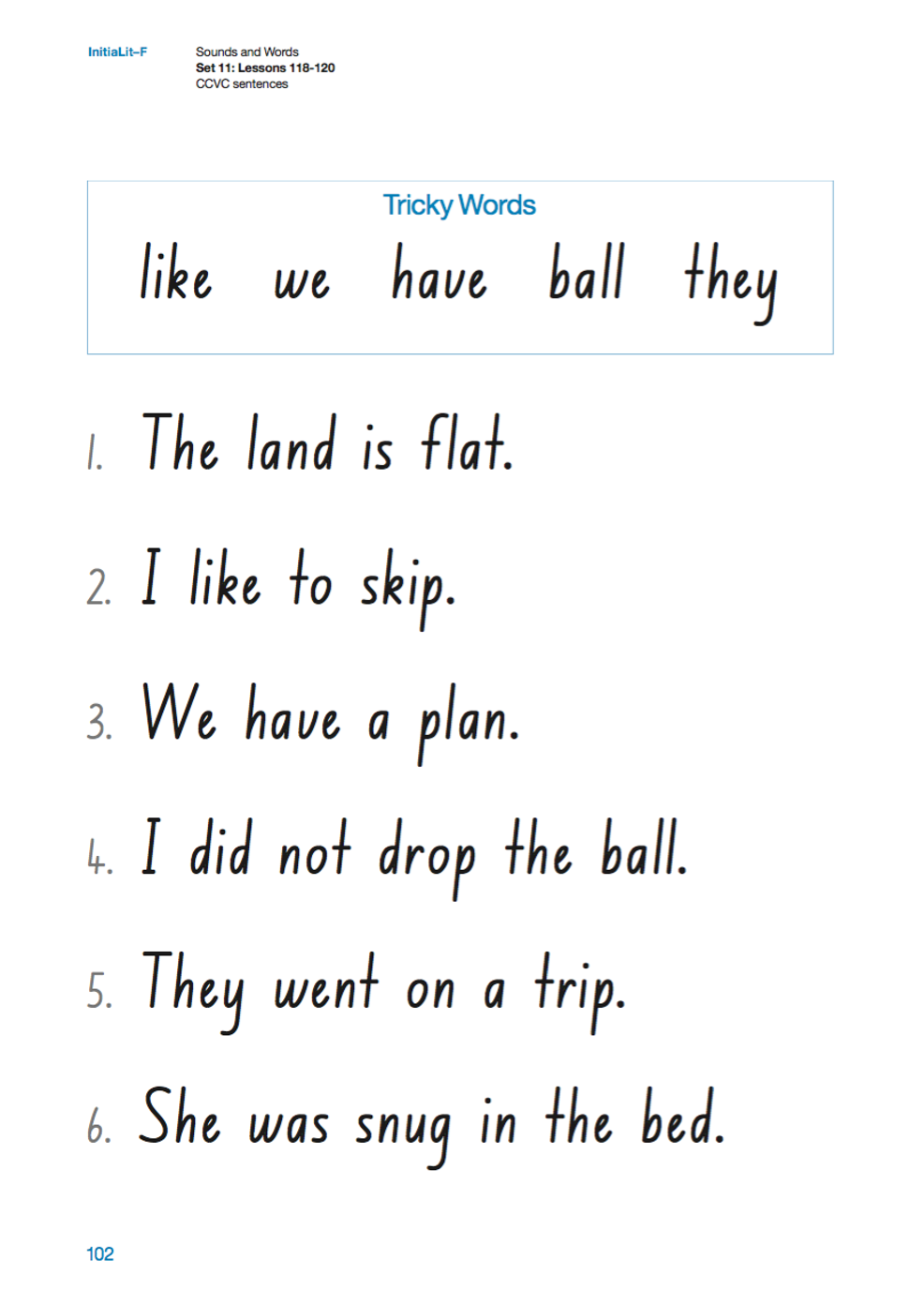





15-20 minutes for a Storybook session.
This literature component provides opportunities to develop oral language, vocabulary and comprehension, with one storybook used as a focus.
Regular progress monitoring uses curriculum-based assessments to identify needs of children.


Home Reading Diary - This diary is a weekly recording of story and picture books you have read with your child. Later in the term, your child will be introduced to letter sounds which will need to be practised at home. It is vital that families DO NOT skip or jump ahead in the diary, as this specific learning (letters and sounds, vocabulary etc.) has not yet been taught explicitly. Each term a new diary will be sent home.
Decodable texts (sent home in Term 2).
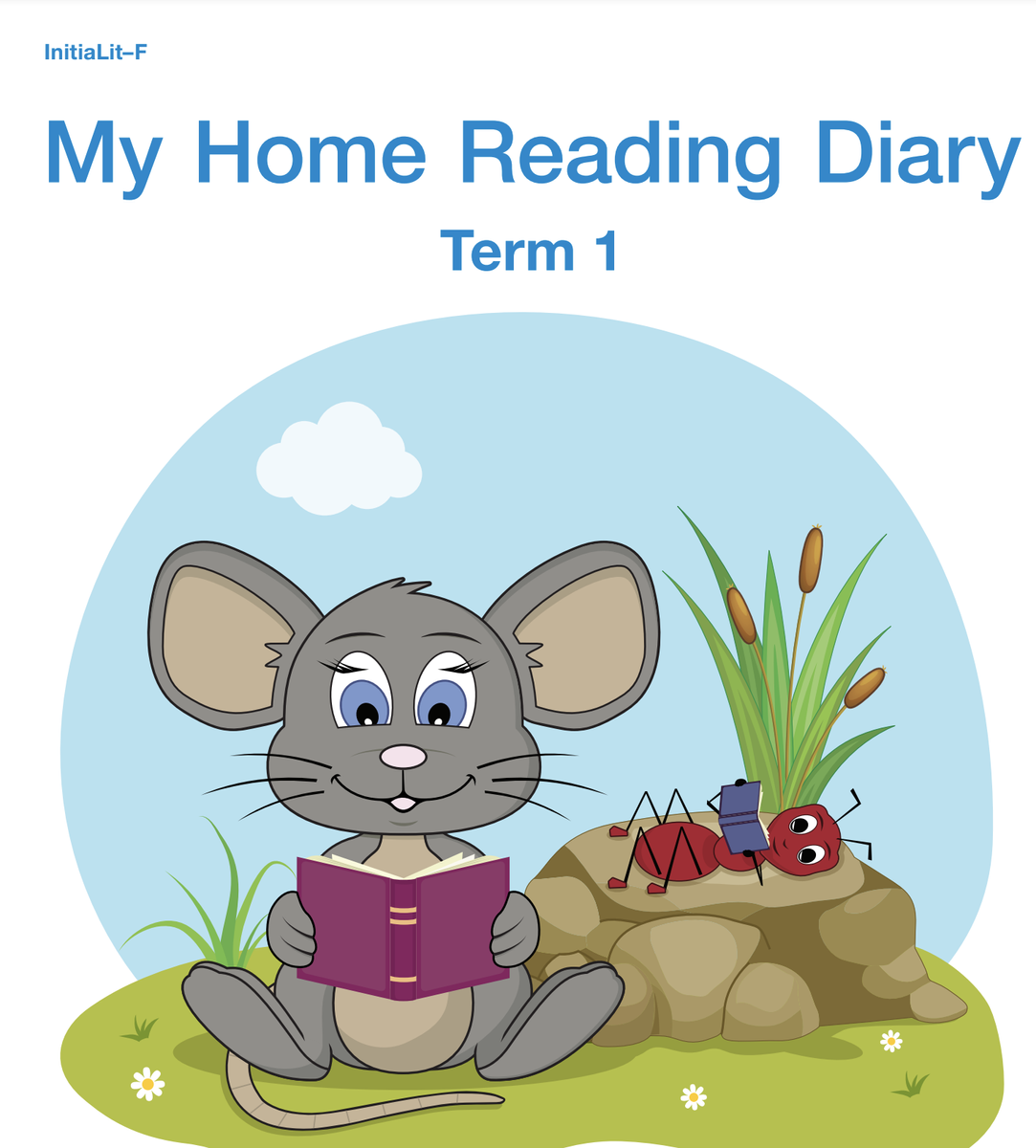
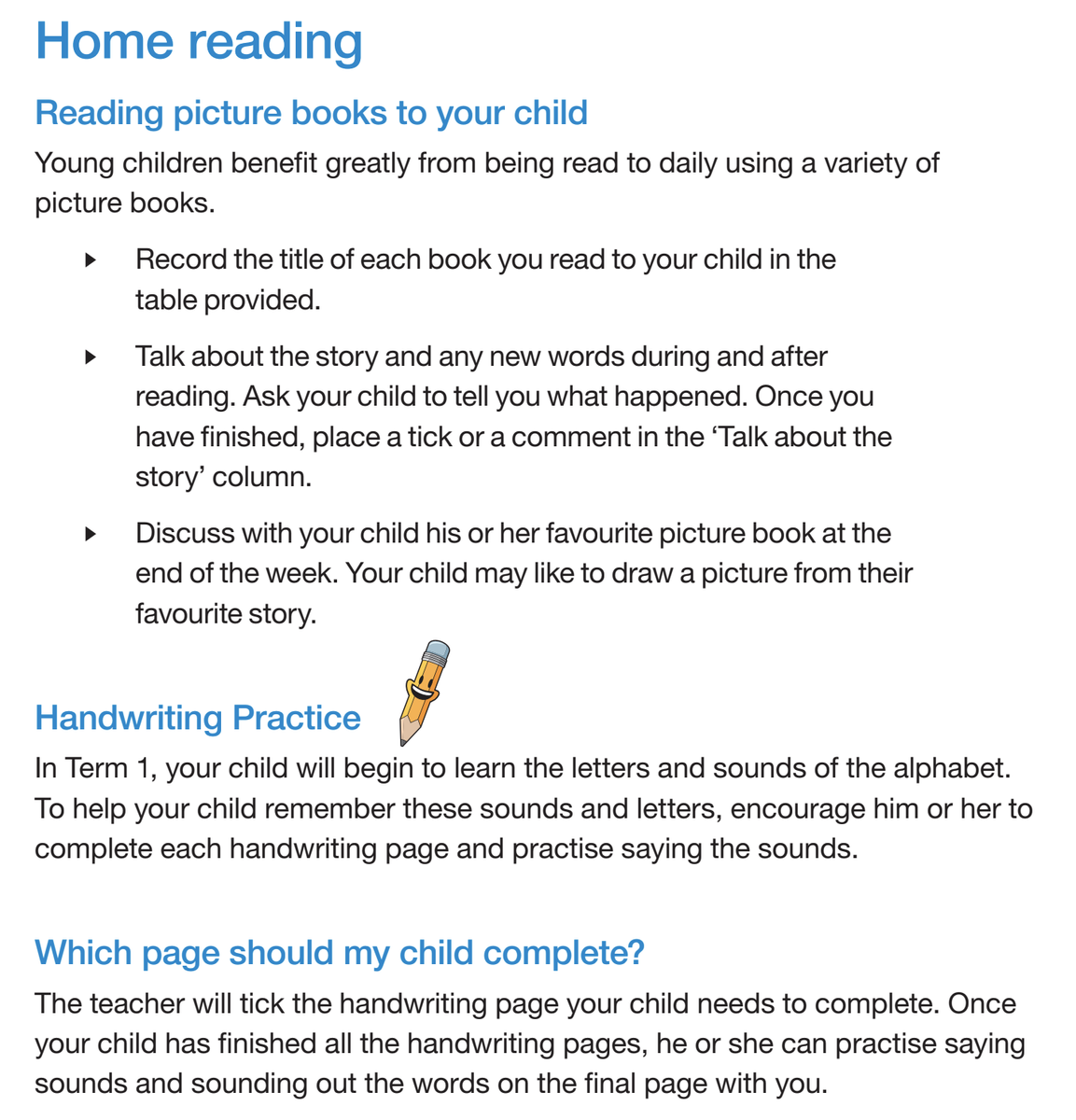
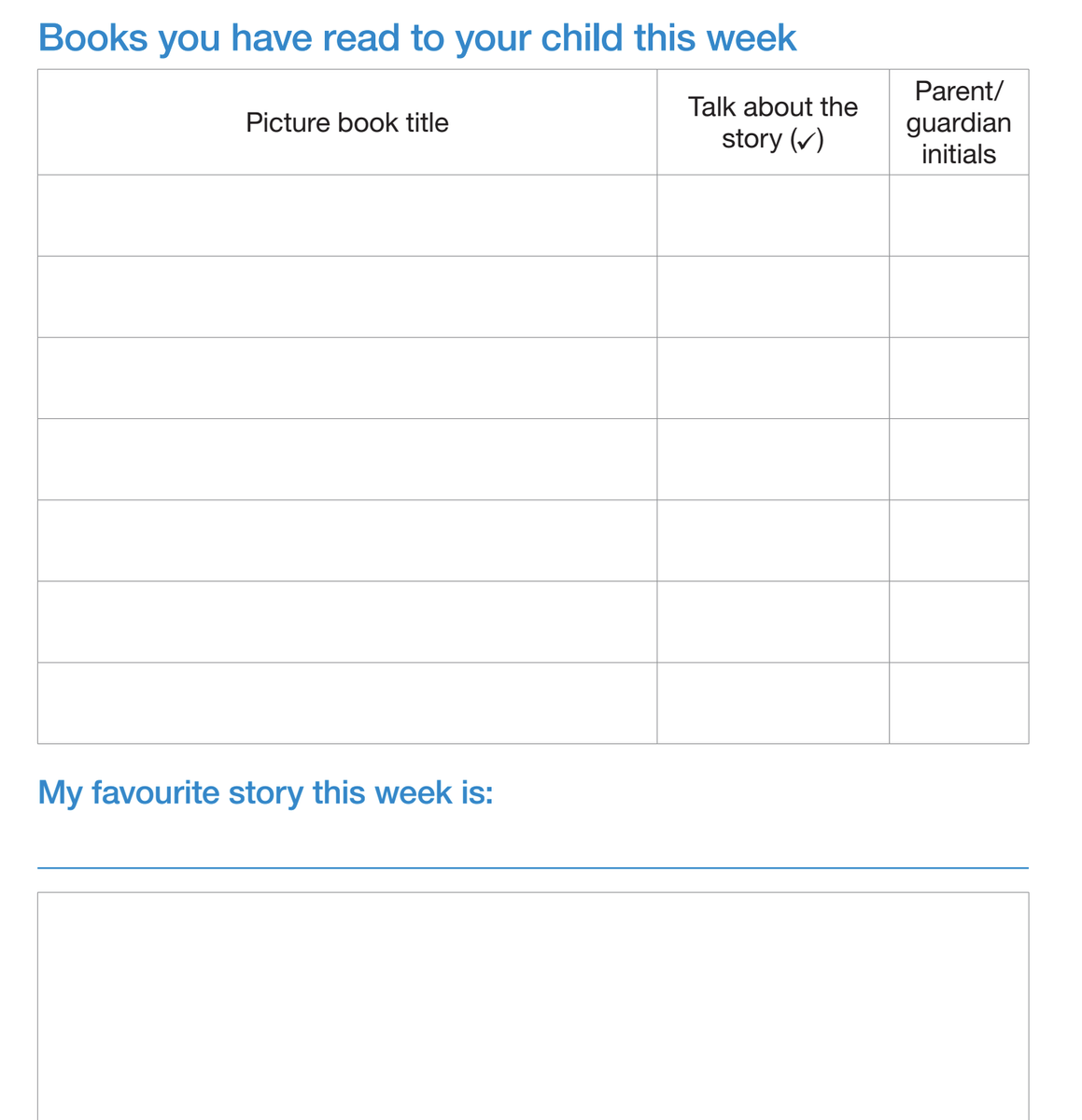
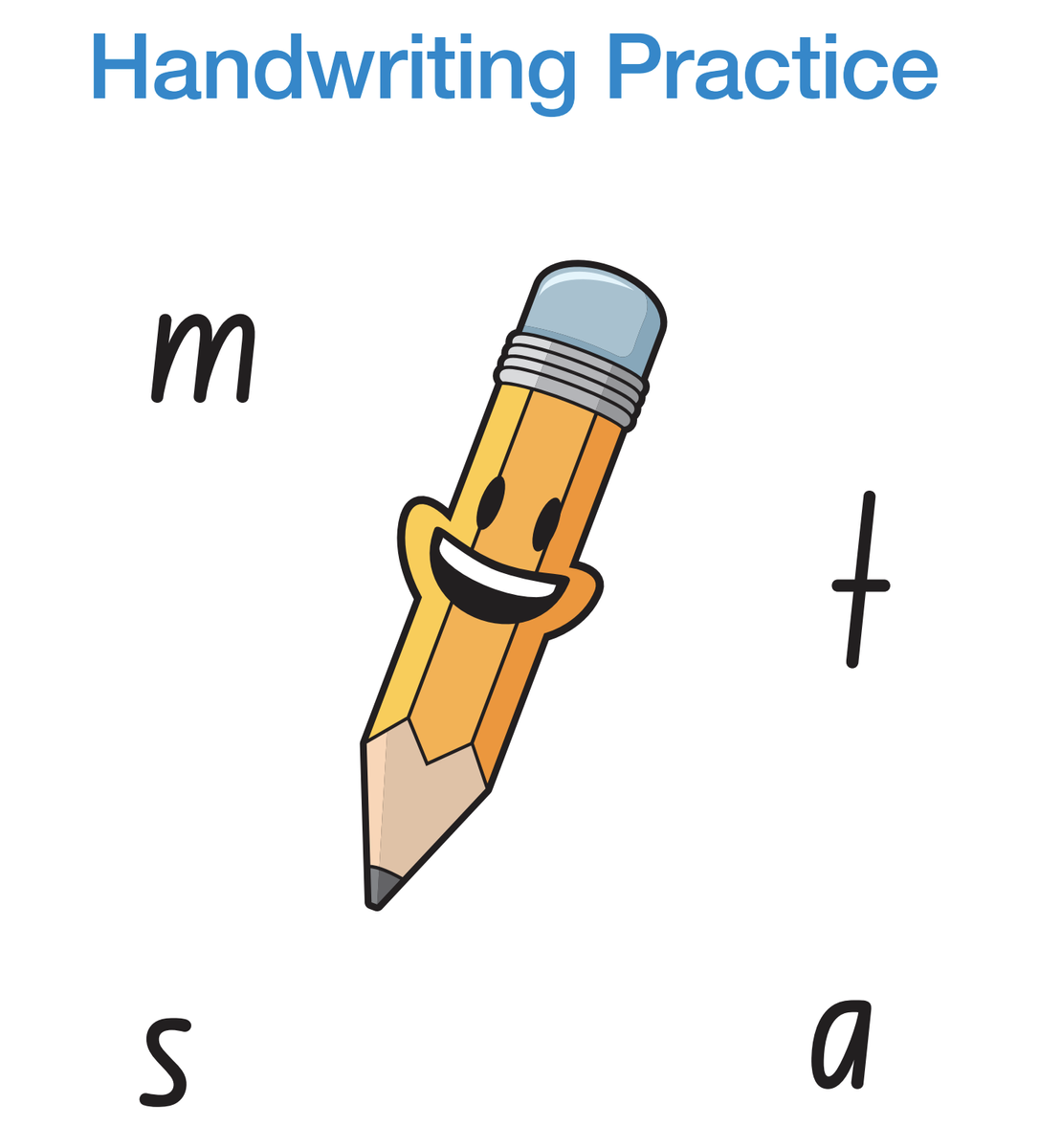




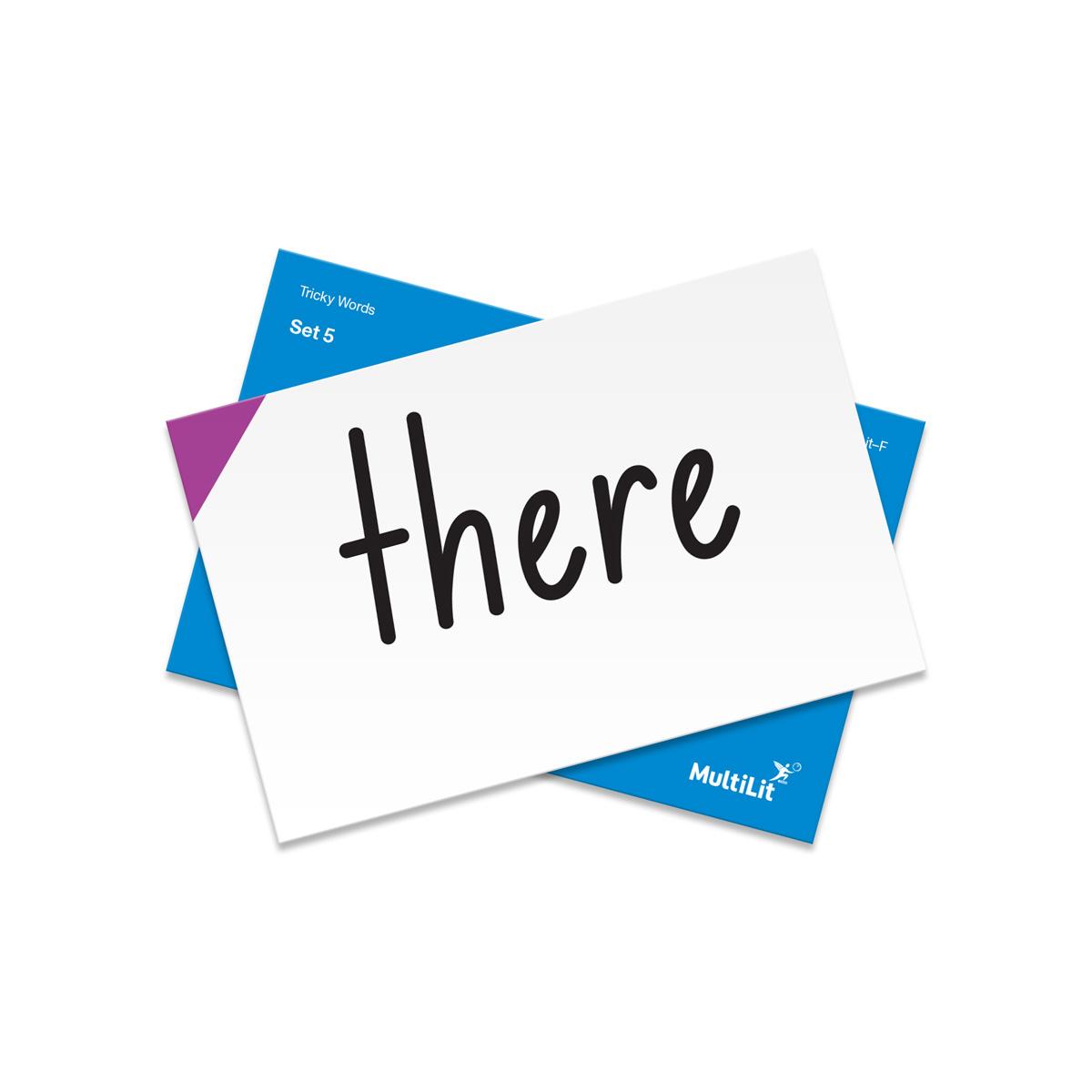

Reading
It is crucial that children are exposed to a broad range of text types or genre from the very beginning of school. This term we will explicitly teach recounts while exposing children to the structures of a narrative through ‘read aloud’, role play and story boards. Teachers ‘think aloud’ to students; modelling how good readers use expression when reading and discuss the comprehension strategies readers use to understand what they read. We encourage students to ‘notice’ and ‘wonder’ to ensure they understand that reading is an active process! Non-Fiction text is also modelled and linked in with Health to ensure our reading programs are comprehensive and balanced and that children understand that ‘we read different texts differently’. During Term 1 we will be immersed in different authors.
Oral Language
Students are given many opportunities throughout the day to practise their oral language skills. From partner talk, small group and whole class discussions, formal presentations to correct pronunciation of sounds. Reception classes are constantly using oral language and focussing on building upon their vocabulary by explicitly teaching new words. Our focus words can be found in your child's reflection book. Even though much of the learning is demonstrated verbally, this is a crucial step before recording.
Writing
Writing is taught through explicit instruction and is embedded in the content of the curriculum. Writing is not seen as an isolated skill, the content of the curriculum drives the writing activities. We write in HASS, Maths, German, Science and PE lessons in addition to English. Sentences are the building blocks of all writing and during Semester One, students are explicitly taught the difference between a sentence (a complete thought) and a fragment (an incomplete thought/phrase that doesn’t make sense). Oral language will be our initial focus, ensuring that students are speaking in complete sentences, including appropriate vocabulary. Students will then move towards using their letter/sound knowledge to write their sentences.
